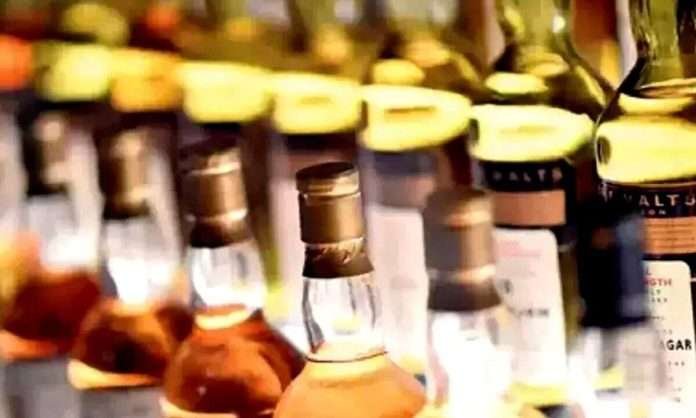Haryana’s excise policy has achieved significant success in the past five years, doubling the excise revenue and accomplishing the government’s long-term objectives. These policies have effectively dismantled cartels, diversified the trade by welcoming new players from various backgrounds, established a transparent system for allocating retail outlets, and addressed issues of leakage.
Building on these achievements, the government of Haryana now aims to surpass the Rs. 10,000 crore benchmark with its Excise Policy for 2022-23. Notably, over the past two years, the recovery of license fees for retail vends has reached 100%. Additionally, the government plans to collect Rs. 400 crore for environmental and animal welfare initiatives, including Gau Seva (cow protection), as well as for improving the ease of doing business. The renewal of IFL (BIO) labels will now take place at the district level. Furthermore, the government seeks to support the MSME sector by reducing license fees for small craft breweries and supervisory fees for wineries.
In a groundbreaking move that will surely spark debate, large offices in Haryana will be permitted to serve beer, wine, and low-alcohol ready-to-drink beverages on their premises starting from June. This initiative, described as “transformational” by those in the alcohol business, aims to boost revenue for the excise department while providing corporate employees with an opportunity to unwind from high-pressure work environments. To combat liquor pilferage by wholesale licensees, stringent penalties have been put in place.
Furthermore, there will be a complete ban on liquor promotion advertisements across various platforms, including social media. The maximum number of retail liquor vends in the state has been reduced from 2,500 to 2,400 for the year 2023-24. Although no maximum sale price has been set for any liquor brand in the 2023-24 policy, the MRP of some brands has been specified. Additionally, the retail liquor vend zone size has been reduced from four to two, allowing more participants to apply for shop licenses through e-tender.
The new policy increases the basic quota of country liquor, Indian-made foreign liquor (IMFL), and imported foreign liquor (BIO), while also implementing a nominal increase in excise duty rates for the first two categories. This is expected to significantly boost excise revenue. To promote low-alcohol content beverages, the excise duty on ready-to-drink beverages and beer in the mild and super mild categories has been reduced. Moreover, the license fee for establishments in the Pub category (L-10E), where only beer and wine are consumed, has been further reduced. As an environmentally friendly measure, the new policy aims to eliminate the use of PET bottles in liquor bottling by February 29, ahead of the next fiscal year.













